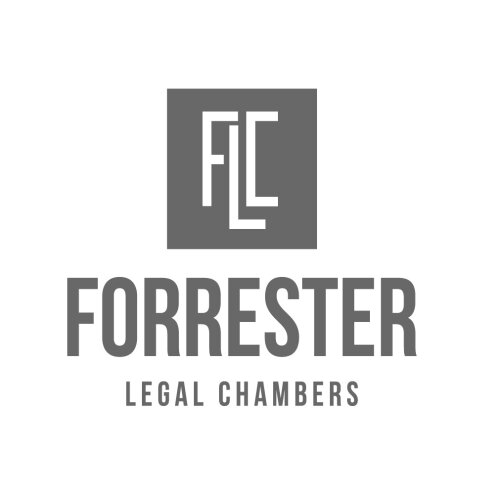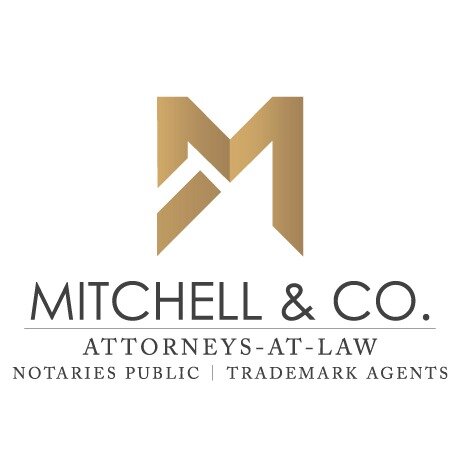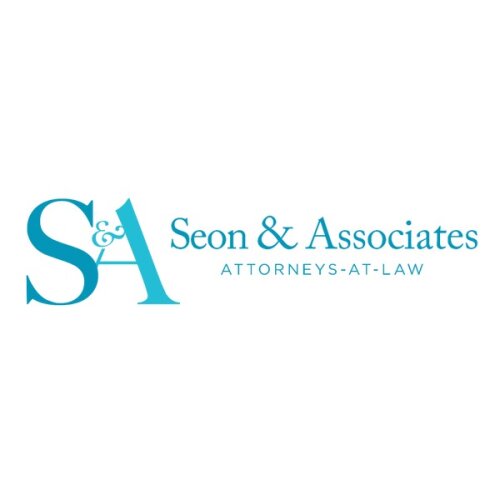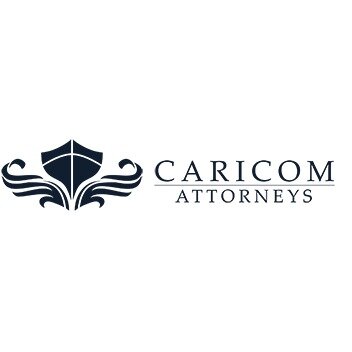Best FDA Law Lawyers in St. George's
Share your needs with us, get contacted by law firms.
Free. Takes 2 min.
List of the best lawyers in St. George's, Grenada
About FDA Law in St. George's, Grenada
FDA Law refers to the legal regulations and standards that oversee the approval, manufacturing, marketing, and sale of food, drugs, and related products. In St. George's, Grenada, these laws primarily ensure the safety, efficacy, and quality of consumable products distributed within the country. The Food and Drugs Act of Grenada serves as the core legislation, administered by local governmental agencies, to regulate the import, export, manufacture, storage, and sale of food and pharmaceutical products. Regulatory compliance is essential for both businesses and individuals involved in these industries.
Why You May Need a Lawyer
Navigating FDA Law in St. George's can be complex due to the technical requirements and the high stakes involved in compliance. Common situations where legal assistance may be critical include:
- Starting or registering a food or pharmaceutical business
- Dealing with product recalls, seizure, or detainment of goods
- Responding to inspections or enforcement actions by regulatory authorities
- Seeking product approval or registration for new products
- Drafting and reviewing contracts involving suppliers, distributors, or manufacturers
- Defending against allegations of non-compliance or adulteration
- Advising on labelling, advertising, and import/export requirements
A lawyer specializing in FDA Law can provide guidance, help avoid costly penalties, and represent your interests if disputes arise.
Local Laws Overview
Grenada's FDA-related legal framework is largely shaped by the Food and Drugs Act, Cap. 101, which outlines definitions and requirements for food and drug safety. The Act mandates that all food and pharmaceuticals must be safe, accurately labelled, and free from harmful substances. Local authorities such as the Ministry of Health and the Grenada Bureau of Standards play a direct role in monitoring compliance through licensing, inspections, and testing.
Key legal aspects include:
- All imported and locally-produced food and drug products must be registered and approved
- Accurate product labelling with ingredient lists, expiration dates, and manufacturer details is mandatory
- Manufacturers and distributors are required to maintain facilities that meet sanitary standards
- Strict limitations are placed on the advertisement and sale of products claiming to have medicinal benefits
- Punishments for violations can include fines, product seizure, or imprisonment in serious cases
Businesses should remain updated on amendments and supplementary regulations issued by relevant authorities to ensure ongoing compliance.
Frequently Asked Questions
What is the main regulatory law governing food and drugs in St. George's, Grenada?
The primary law is the Food and Drugs Act, Cap. 101, which sets out the legal framework for food and drug safety, labelling, and marketing.
Who enforces FDA Law in St. George's, Grenada?
Enforcement is primarily handled by the Ministry of Health and the Grenada Bureau of Standards. They are responsible for inspections, approvals, and enforcement actions.
What products fall under the scope of FDA Law in Grenada?
FDA Law covers food, beverages, dietary supplements, pharmaceutical drugs, cosmetics, and certain medical devices.
Do I need to register my food or drug product before selling it?
Yes, all food and drug products must be registered and approved by the local regulatory authorities prior to sale or distribution.
Are there specific labelling requirements I must follow?
Yes, Grenadian law requires clear labelling with product names, active ingredients, manufacturer details, batch numbers, and expiration dates.
What should I do if my product is recalled or detained by authorities?
Seek legal advice immediately to understand your rights and obligations, respond appropriately, and, if necessary, challenge the action through formal channels.
Can I advertise health claims about my product?
Health-related claims are strictly regulated. All claims must be substantiated, and prior approval from authorities may be required to advertise such claims.
What penalties can result from violating FDA Law?
Penalties can include fines, confiscation of products, business closure, or imprisonment, depending on the severity of the violation.
How do I handle an inspection from a regulatory authority?
Maintain thorough records, ensure your facility meets all standards, and cooperate fully. Consult with a lawyer if you anticipate or encounter compliance issues.
Where can I get legal help for FDA Law issues in St. George's, Grenada?
Consult with a local lawyer who has experience in food and drug law. You may also get guidance from resources and government agencies listed below.
Additional Resources
Here are some resources and organizations that can provide information or support related to FDA Law in St. George's, Grenada:
- Ministry of Health, Grenada - For regulations, licensing, and health standards
- Grenada Bureau of Standards - For product quality and safety standards
- Customs and Excise Division - For import and export guidance
- Grenada Chamber of Industry and Commerce - For business and regulatory information
- Local law firms and attorneys specializing in FDA Law
Next Steps
If you believe you need legal assistance concerning FDA Law in St. George's, Grenada, consider taking these steps:
- Collect all relevant documents, such as product information, inspection reports, and correspondence from authorities
- Consult with a local attorney experienced in FDA Law as soon as possible
- Request a consultation to discuss your situation, rights, and potential legal strategies
- Follow all regulatory requirements and maintain full compliance while resolving any outstanding issues
- Stay informed of legal updates and best practices in your industry segment
Seeking prompt legal advice increases your chances of successfully navigating regulatory matters and protecting your business or personal interests.
Lawzana helps you find the best lawyers and law firms in St. George's through a curated and pre-screened list of qualified legal professionals. Our platform offers rankings and detailed profiles of attorneys and law firms, allowing you to compare based on practice areas, including FDA Law, experience, and client feedback.
Each profile includes a description of the firm's areas of practice, client reviews, team members and partners, year of establishment, spoken languages, office locations, contact information, social media presence, and any published articles or resources. Most firms on our platform speak English and are experienced in both local and international legal matters.
Get a quote from top-rated law firms in St. George's, Grenada — quickly, securely, and without unnecessary hassle.
Disclaimer:
The information provided on this page is for general informational purposes only and does not constitute legal advice. While we strive to ensure the accuracy and relevance of the content, legal information may change over time, and interpretations of the law can vary. You should always consult with a qualified legal professional for advice specific to your situation.
We disclaim all liability for actions taken or not taken based on the content of this page. If you believe any information is incorrect or outdated, please contact us, and we will review and update it where appropriate.












